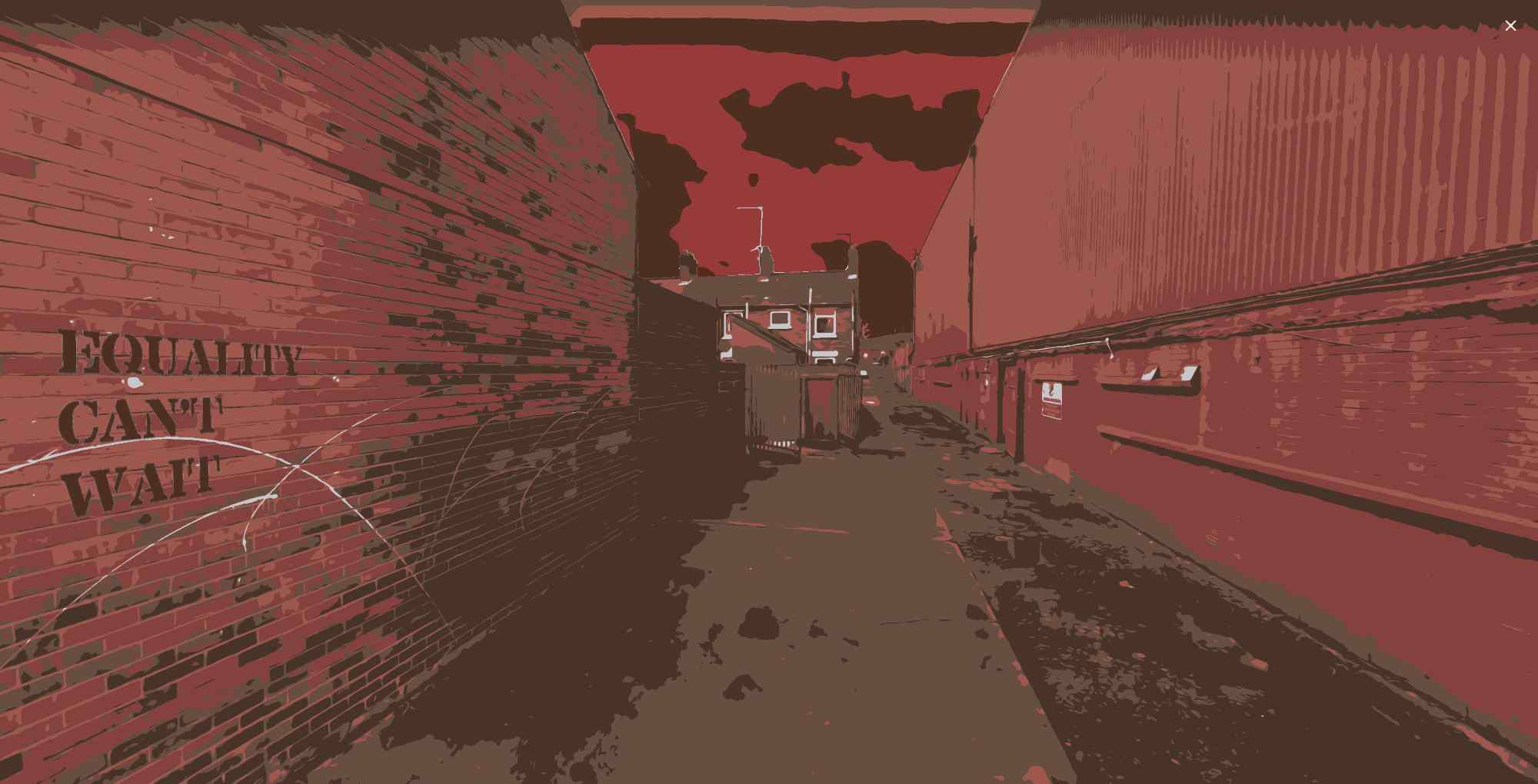
Policy Watch
An eye on policy changes in Ireland, the UK and beyond
Rough Sleeping and Homelessness | Weakened Protections Against Evictions in England | Need for Social Homes | ROI: End of Direct Provision
Rough sleeping and homelessness
The Dying Homeless Project Coalition reported that 976 people died while homeless in the UK in 2020, up 37% from the 2019 total. Of these, 107 were in Northern Ireland. Less than 3% of these deaths were Covid-related. Experts praised the Everyone In initiative but said the rise in deaths this year showed the impact of a decade of austerity and cuts to services. Meanwhile the government’s annual ‘snapshot’ figure of rough sleeping in England showed more than a 50% rise since 2010, despite the ‘Everyone In’ scheme.
Liverpool, Oldham, and Redbridge councils in England offered rough sleepers the Covid-19 vaccination alongside other extremely vulnerable people in January and have urged other councils to follow suit. A number of other areas – Birmingham, Manchester, Wolverhampton, Westminster, Kensington, Hammersmith, Brent, Ealing, Hounslow, Harrow and Hillingdon – have plans to do so.
Scotland’s Prevention Review Group published a report on the legal duty to prevent homelessness. It recommended that public bodies proactively ask people about their housing situation so that action to prevent homelessness can be taken up to six months before someone faces losing their home.
The Detail highlighted cases of migrants excluded from the Northern Ireland Housing Executive’s implementation of the ‘Everyone In’ policy during the pandemic, meant to be accessible to all regardless of nationality or immigration status.
Weakened protections against private landlord evictions in England | Need for social homes
The Department for Communities extended the Private Tenancies (Coronavirus Modifications) Act, the NI version of the ‘eviction ban’ - requiring landlords to give tenants a 12-week notice to quit period before starting eviction proceedings - to 30 September 2021. Belfast’s Deputy Lord Mayor, Paul McCusker, called for more social homes to be built urgently in light of the backlog on the waiting list amidst reports that the waiting list had grown 10% between the start of the pandemic and end 2020.
As MLAs continued to raise housing questions, Communities Minister Deirdre Hargey called for ‘transformative change’ to the housing system; however at the same time the department’s equality assessment of the NI Executive’s draft budget for 2021-2022 said that there was no guaranteed funding for it. Meanwhile, work to Monkscoole House, one of two of the Housing Executive’s four Rathcoole (Newtownabbey) tower blocks slated for demolition, has gone out to tender. Work on site would begin this summer and would last one year. The Housing Executive plans to build 50 social homes on the site where the two blocks currently stand.
Parliamentarians protested after authorities in England used an ostensible extension of its ‘eviction ban’ until end March 2021 to quietly reduce protections for renters, making more of them vulnerable to eviction. Unlike earlier in the pandemic, when nine months of pre-Covid arrears were required for an eviction to proceed and Covid-induced arrears were exempt from action, the change has meant that from January 2021, anyone with more than six months’ arrears can be evicted, even if the arrears were caused by Covid. Shelter judged that there are around 445,000 private renters in England who are in arrears or have been served eviction papers since the rule change in January. The Guardian and the Independent reported on people newly evicted or facing eviction since the policy change.
Resolution Foundation research as of January 2021 found that the level of housing arrears in the UK had more than doubled since Covid-19. It estimated that 9 per cent of families in the social rented sector, 6 per cent of those renting privately and 2 per cent of mortgaged home owners have fallen behind in their payments – amounting to over 750,000 households, 300,000 of which have dependent children. It called for the Discretionary Housing Payment scheme to be widened and for a loan system for tenants.
Asylum seeker accommodation: one face of the hostile environment
The Detail published an investigation into NI Housing Executive ‘support’ to voluntary repatriations since the pandemic began. Organisations working with migrants have long raised concerns about voluntary repatriation practices in relation to migrants made homeless and destitute as a result of Home Office policy around treatment of asylum seekers. At Stormont, MLAs asked the First Minister and deputy First Minister for an update on how the Racial Equality Strategy 2015-2015 is addressing racism and eradicating hate crime; answers are pending.
Scotland’s Positive Action in Housing group reported to the Independent Chief Inspector of Borders & Immigration that the scheme to use hotels as asylum accommodation under the Home Office/Mears contract during the pandemic was the “most inhumane” it has ever witnessed. It cited failures in duty of care and assessment of risk and vulnerability amongst its concerns.
Government data revealed that the number of people granted refuge in the UK fell by more than half during 2020. At the same time, the Home Office more than doubled its attempts to deport people who arrived in the UK across the Channel in small boats; such crossings have risen as the government as increasingly closed safer routes for seeking protection in the UK.
Following press investigations of conditions, the parliamentary Home Affairs Committee opened an investigation into whether the government’s scheme to house asylum seekers in hotels run by private contractors is fit for purpose. Giving testimony before the committee, Home Secretary Priti Patel said that asylum seekers who contracted Covid at Napier barracks “were not following the rules” on public health, ignoring the fact that the rules were impossible to follow given the dormitory-style facilities at the barracks. Analysis in Foreign Policy called the policy to house asylum seekers in Napier barracks “crude security theater, reinforcing far-right messaging that asylum-seekers are security threats who need to be behind barbed wire”.
The independent chief inspector of borders and immigration (ICIBI) and HM Prison Inspectorate sent inspectors to review conditions at Napier and Penally army barracks, where the Home Office began placing asylum seekers in September 2020 despite concerns raised by Public Health England. It emerged that the Napier barracks – where the Home Office is still housing 100 asylum seekers in conditions that violate public health guidance around Covid-19 – had been deemed by planners to fall below acceptable standards and was recommended for demolition seven years ago. More testimony emerged from Napier about conditions there.
Meanwhile the Home Office was reported to be preparing to open more immigration detention facilities, including – in a rolling back of previous policy commitments – some for women.
ROI: end of direct provision
The Department of Children and Equality published a White Paper on replacing the direct provision system. It proposed a “blended” accommodation system of state-owned reception centres for the first 4 months’ following asylum seekers’ arrival in the country, followed by not-for-profit housing with Approved Housing Bodies.
The Donegal Asylum Seekers Support Group criticised government plans to limit people who will be placed in former student accommodation in Letterkenny under Direct Provision to cashless payments at an on-site shop run by the private accommodation provider Bridgestock Ltd rather than allowing them to shop in the local community.
